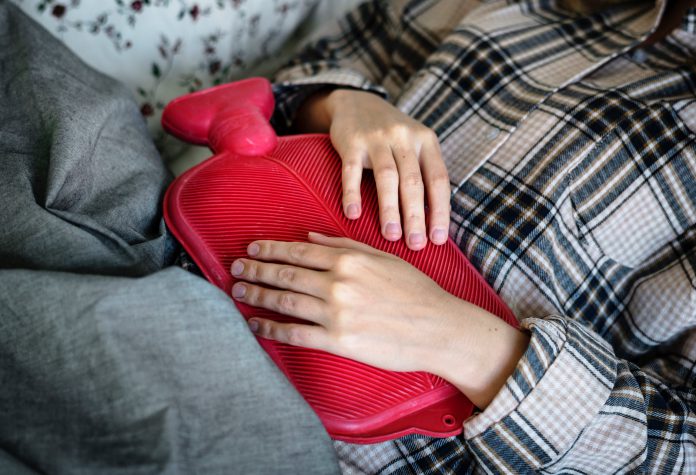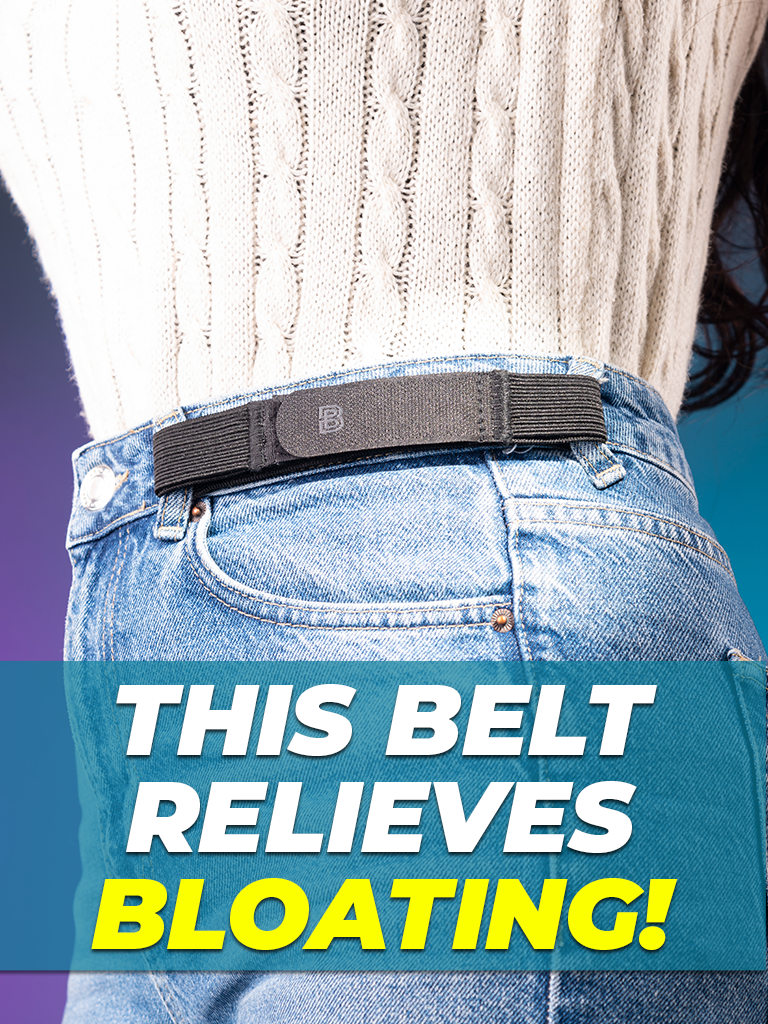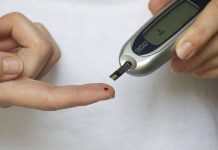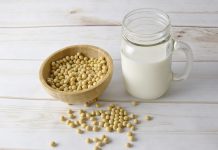Menopause constipation is one of the lesser-known symptoms that can arise during perimenopause and postmenopause.
In this article, learn what causes perimenopause constipation and 10 fantastic natural remedies to ease your discomfort.
Also find out when to see your doctor if your constipation does not resolve naturally.
What Causes Constipation During Menopause?
“When cortisol levels increase, this signals your body to marshal its resources towards survival and away from slower processes like digestion and elimination.”
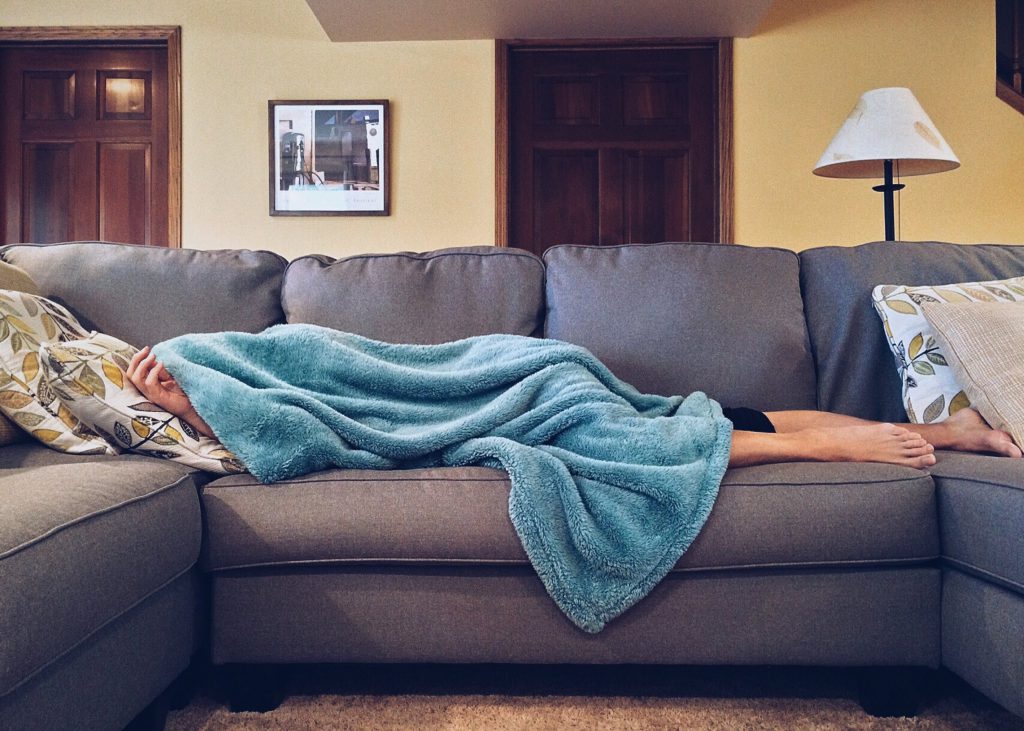
The same culprit that causes mood swings, insomnia, dry skin and other perimenopause discomforts is responsible for constipation: hormone fluctuations.
Once again, the hormone estrogen is the major cause of changes in bowel habits during this phase of life. As estrogen levels decline, this causes a spike in the notorious “stress hormone,” cortisol.
When cortisol levels increase, this signals your body to marshal its resources towards survival and away from slower processes like digestion and elimination.
At the same time, as progesterone levels also decrease, this causes increasing dryness in all the body’s tissues, which can make it harder to void your bowels.
The Top 10 Natural Remedies to Ease Constipation During Menopause
“When estrogen and progesterone levels drop, the body starts to dry out.”
These are 10 of the best menopause constipation natural remedies recommended by patients and practitioners.
1. Use a low stool to assist your body.
Modern toilets place a great emphasis on comfortable seating – so much so that they can impede the body’s natural ability to eliminate. Using a low stool (8 inches or lower) for your feet can reposition your colon and rectum to make elimination easier.
2. Stay well hydrated.
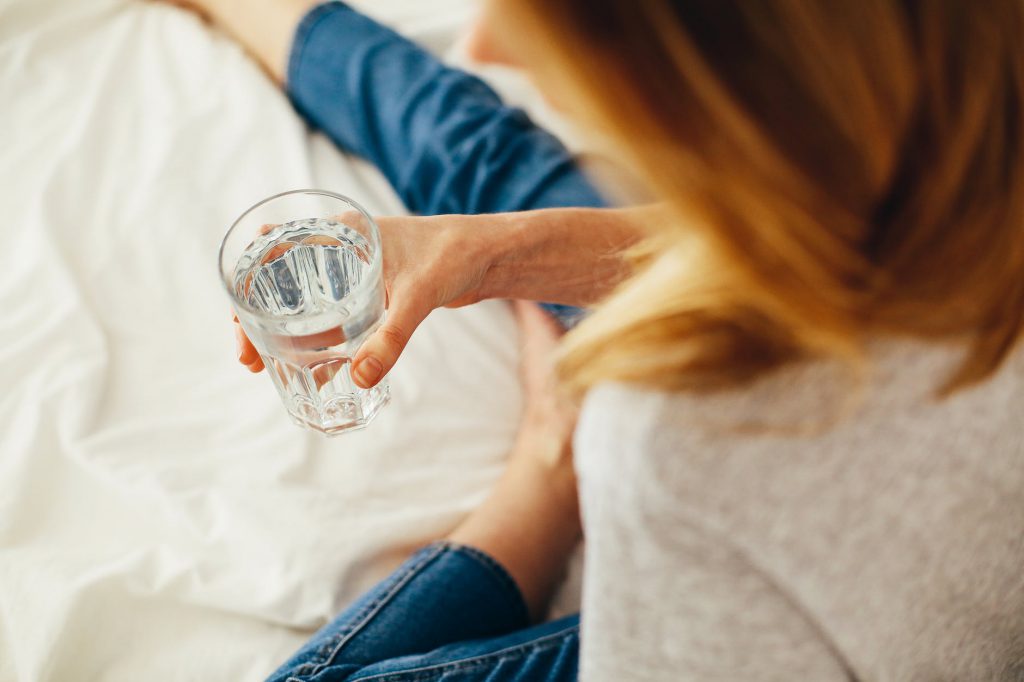
When estrogen and progesterone levels drop, the body starts to dry out. This means you need more water to achieve the same level of tissue hydration. Drinking eight glasses of plain water each day should be your minimum goal.
Add more water if you exercise, drink caffeine or alcohol, use tobacco products or eat salty foods.
3. Strengthen your pelvic floor muscles.
For many women, pregnancy and the natural process of aging can cause the pelvic floor muscles – the muscles your body relies on to eliminate – to get weaker.
Kegel exercises can be done at home or anywhere and are a great way to strengthen these important muscles.
4. Add more insoluble fiber to your diet.
Insoluble fiber is the kind of fiber you want to support your colon in moving stool through and out of your body.
5. Add probiotics to your diet.
When digestion slows down, elimination often follows suit. To help your body digest the food you eat, you want to add more “good” bacteria to your gut.
Taking probiotics in supplement form or by eating yogurt with active cultures can add back healthy bacteria to your gut and assist with improved digestion and elimination.
6. Try massage and acupressure.
Abdominal massage and perineal (the area between your vagina and anus) acupressure can help your body push stool out naturally.
7. Drink warm liquids.
Here, coffee isn’t necessarily your enemy. Hot tea is even better – or even just hot water if you don’t like coffee or tea. Warming liquids can help stimulate your colon to do its job.
8. When you feel the need to go, go!
When your body does send out the signal “it’s time,” be sure to head for the bathroom.
9. Talk with your doctor about other meds.
Some medications can actually cause or worsen constipation during perimenopause. If nothing else has worked, see if there are other options for medications with this side effect.
10. Learn stress management techniques.
Since your system is already stressed with hormone fluctuations, adding breathing, meditation, yoga or other stress management tools to your schedule can potentially ease constipation.
When to See Your Doctor?
“Constipation that is accompanied by other symptoms such as pain, bloating, and the like, You Should SEE Your doctor”

Constipation occurs when you are not able to have at least three bowel movements per week. If you are suffering from menopause constipation that remains unresolved, it is important to reach out for help.
Constipation that is accompanied by other symptoms such as pain, bloating, gas that won’t pass, nausea, vomiting or other discomforts should prompt a call to your doctor.
Which one of these constipation natural remedies will you try first? Remember, you don’t have to do all of them at once. Just pick one and see how it works and go from there.
Sources & References:
https://www.healthline.com/health/menopause-constipation
https://www.health.harvard.edu/digestive-health/coming-to-terms-with-constipation
https://medlineplus.gov/ency/patientinstructions/000141.htm
https://www.menopausenow.com/constipation-during-menopause
https://www.mayoclinic.org/diseases-conditions/constipation/symptoms-causes/syc-20354253


